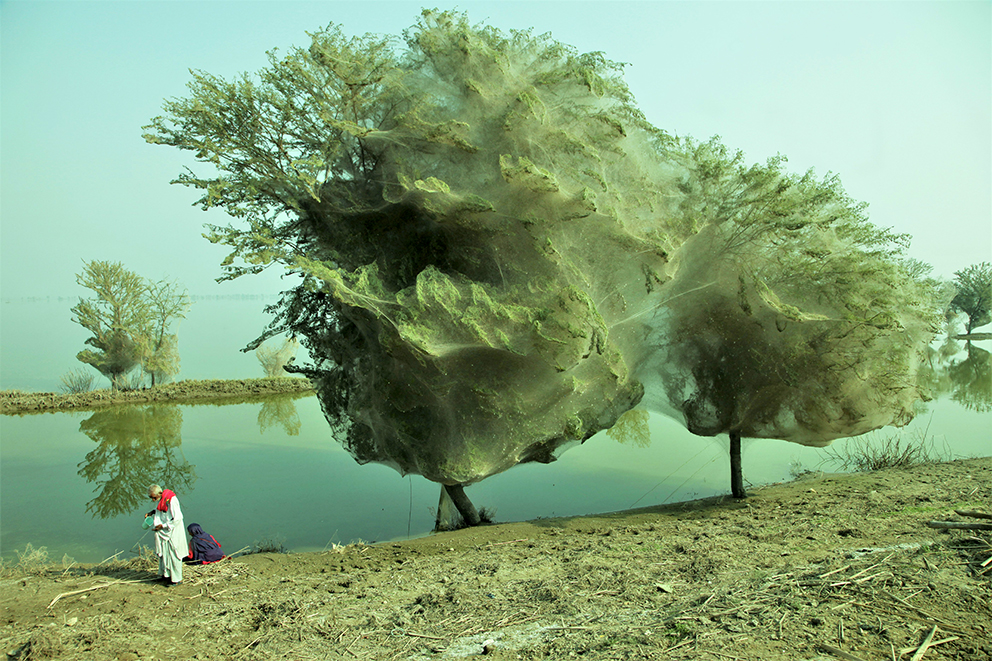Talk with Isabel de Sena
FRIDAY 11 October 2019
19:00
This talk examines several feminist concepts that are relevant for envisioning the (digital) commons. What they share is an understanding of knowledge as that which occurs by sustaining relational webs and ongoing relays, rather than as the endpoint of linear progressions.
I discuss firstly Ursula Le Guin’s The Carrier Bag Theory of Fiction (1986), in which she urges that the first piece of technology was not a weapon but a bag for carrying seeds, asserting that the function of technology is not resolution but continuing process. Donna Haraway’s concept of “string figures” builds further on Le Guin by proposing how distributed forms of access to and dissemination of knowledge can give rise to collective agency, while Karen Barad’s diffractive methodology contributes to envisioning the commons as something that necessarily involves a constant transformation of knowledge – regarding both the objects of inquiry and the apparatus (resources, discourses) through which they are viewed. This is relevant for addressing how the commons can produce situated knowledges (Haraway) and understanding how its collective nature only seemingly suggests that it conflicts with the partial positionings of individuals within a collective.

An unexpected side-effect of the flooding in parts of Pakistan has been that millions of spiders climbed up into the trees to escape the rising flood waters. Because of the scale of the flooding and the fact that the water has taken so long to recede, many trees have become cocooned in spiders webs. People in this part of Sindh have never seen this phenonemon before – but they also report that there are now less mosquitos than they would expect, given the amount of stagnant, standing water that is around. It is thought that the mosquitos are getting caught in the spiders webs, thus lowering the chance of being bitten. This may in turn be reducing the risk of malaria, which would be one blessing for the people of Sindh, facing so many other hardships.
